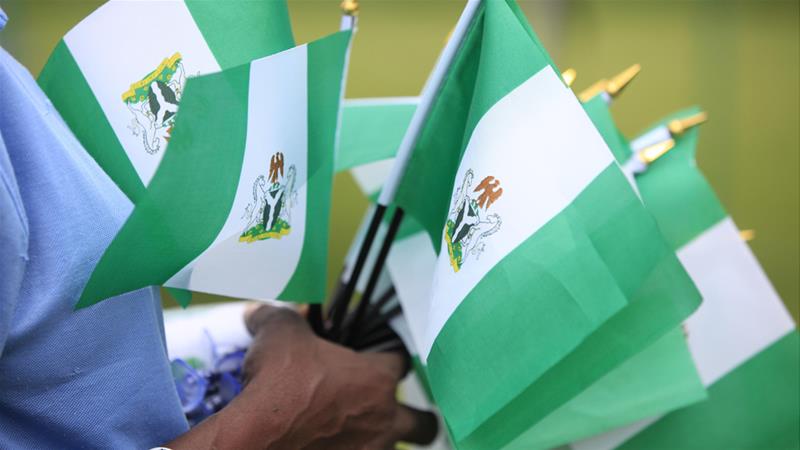Nigeria has reiterated its commitment to fulfilling obligations under relevant international instruments in the area of crime prevention and drug control.
Nigeria’s Ambassador and Deputy Permanent Representative to the UN, Samson Itegboje, stated this while delivering Nigeria’s statement at the General Debate of 72nd UN General Assembly on Crime Prevention, Criminal Justice and International Drug Control.
Itegboje said Nigeria believed the promotion of comprehensive approaches to the prevention of crime and violence including strengthening criminal justice institutions would strengthen the rule of law and enhance security.
“Nigeria has brought its national legislation into compliance with the provision of Article 44 of the UN Convention against Corruption with the aim of not only enhancing our fight against corruption.
“But also to combat other transnational organized crimes such as drug trafficking, human trafficking, terrorist financing, illicit financial flows and money laundering.
“Since the establishment of our flagship National Drug Law Enforcement Agency (NDLEA) Nigeria has put in place credible mechanisms, developed policies and measures to combat the incidence of drug proliferation, trafficking and abuse.
“This is based on our conviction that strong national commitment and effective international collaboration and partnership are very critical to eliminating the menace of illicit drug flows,” he said.
According to him, in line with global expectations, Nigeria has established a national Inter-Agency Collaborative body under the Federal Ministry of Education.
He said through this body, Nigeria had adapted and implemented the Unplugged School-Based Drug Prevention Program for adolescents across the six geo-political zones of the country.
“In a recently concluded Randomised Control Trial phase of the national inter-agency collaborative body, baseline and post-intervention data were collected and analysed.
“The analysis and narrative report of the trial stage has been successful and has impacted positively on both students and teachers. Nigeria is also implementing the TreatNet programme.
“This is a drug dependence treatment and counseling package, aimed at equipping school counselors with the appropriate knowledge and skills in responding to cases of students who are already involved in drug use.
“It is also gratifying to report that Nigeria, in its efforts to strengthen its enforcement activities and tackle supply reduction, has sustained the implementation of the anti-money laundering measures.
“This is to prevent criminals from keeping the proceeds of drug crimes and also improved information sharing through the National Financial Investigation Unit (NFIU) that has aided and improved intelligence-led drug policing in Nigeria.”
According to him, Nigeria has established national toll-free lines and online counseling to ensure that victims of drug abuse are given adequate access to counseling and rehabilitation.
According to him, Nigeria is still faced with challenges of expansive cannabis cultivation in spite of its sustained and improved supply reduction control efforts.
“Cannabis accounts for the most significant quantity of the drugs seized in Nigeria in the year 2016, with a total estimate of 180,000 kilogramme of cannabis seized and more than 700 hectares of cannabis farmlands destroyed.
“Regardless of this daunting challenge, we remain committed to tackling and eradicating the menace of illicit drugs, including cannabis by reducing its demand and supply.
“In this regard, we are strengthening with both regional and international partners through enhanced joint operations and exchange of intelligence.
“Nigeria remains a key player in the West Africa Air Communication Project, which seeks to create secured and effective real time operational communication on drug control among participating international airports in Africa, Latin America and the Caribbean.

